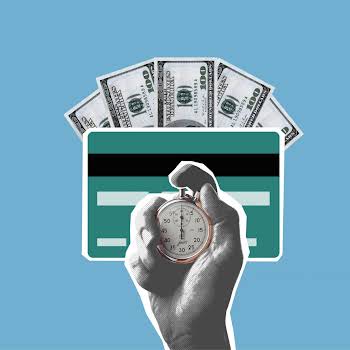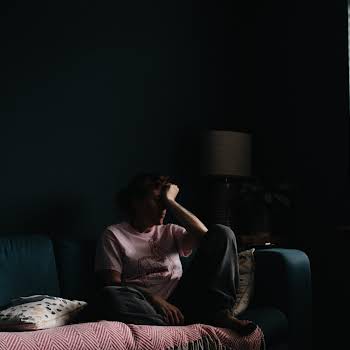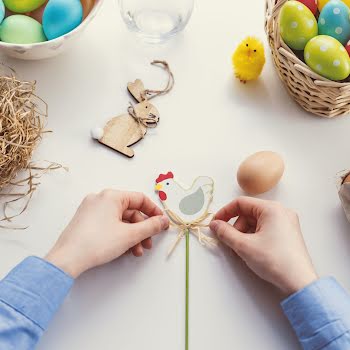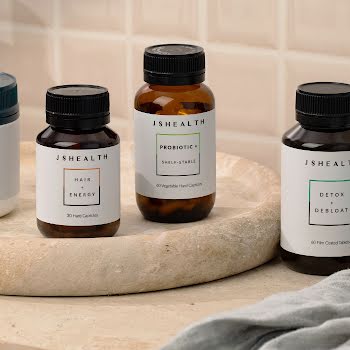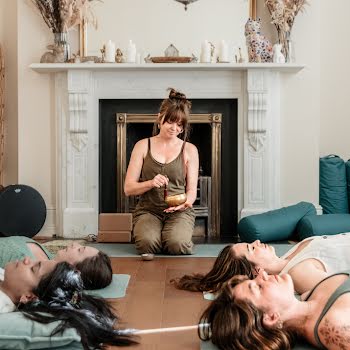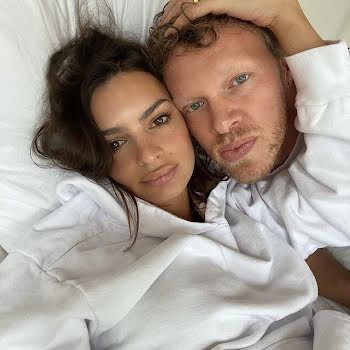
By IMAGE
04th Oct 2020
04th Oct 2020
In heterosexual sexual encounters, men have more orgasms than women, writes psychosexual and relationship therapist, Aoife Drury. So how do we tackle the pleasure gap?
The disparity between genders has been a constant throughout history and recently the spotlight has been shone on pay. The European Institute for Gender Equality (EIGE) each year publishes a Gender Equality Index and in 2019 it revealed that a women’s mean monthly earnings are €2,808 in Ireland, compared to €3,423 for men.
The frustration that most of us feel can be exasperating. Unfortunately, there is another area where the discrepancy still lies, and that is in pleasure.
The pleasure gap, also known as the orgasm gap, is another form of gendered discrepancy. It describes the inequality between men and women in terms of sexual satisfaction. It refers to the fact that in heterosexual sexual encounters, men have more orgasms than women.
Frequently we view orgasm as the conclusion to sex. However, this is not a gender-neutral occurrence
Research carried out found that 91% of men and 39% of women always or usually orgasm during sexual encounters. To solidify these numbers, women also have more orgasms when they masturbate than when they are with a partner. Studies also show that women in same-sex relationships have better sex lives than in heterosexual encounters.
Alongside the discrepancy amongst achieving orgasms, is also the ending of the sexual experience. Frequently we view orgasm as the conclusion to sex. However, this is not a gender-neutral occurrence: it is primarily men’s and not women’s orgasm that proclaim ‘the end’ for both genders.
Research demonstrates that women view their chance to experience orgasm was precluded by the narrative; that a man’s orgasm is perceived as more important How are women supposed to feel confident in their sexuality if there is a disparate societal playing field?
Medical research is another area whereby the inequality has been present for decades. When modern medical research was carried out in the 20th century researchers believed that if they understood how a disease affected men, they could simply apply that knowledge to women.
So much so that not even female rats were being used! The medical field has been androcentric for decades. Whenever I explain my job, I have consistently noticed that when I mention erectile dysfunction or premature ejaculation, people nod their heads. However, when I mention female sexual dysfunctions like vaginismus, dyspareunia or vulvodynia, both men and women look at me quizzically and ask me what they are.
We are acclimatised to male sexual dysfunction, through the media, films and within conversations. However, can you name movies where there are the conversations about painful sex, or the inability to have any penetration?
So how do we tackle the gap?
We allow young girls and boys to sit in class and be taught about the mechanisms of sex and reproduction, while ignoring the intricacies of the clitoris and the importance of female orgasms. That instead, the male erection is explained through diagrams and descriptions.
We are taught the difference between our neck and our throat. Why are we not educated about our vulva and vagina?
That the eruption of semen as the apex of pleasure which is needed to indicate that sex is over. When 82% of women need clitoral stimulation to climax you would expect this vital part of anatomy to be wildly explained, however rarely is that the case.
Even the word vulva (all the outer part of the genitals) is incorrectly used. We still refer to it as the vagina (which is just the canal, so the inside part). We are taught the difference between our neck and our throat. Why are we not educated about our vulva and vagina?
Poor education only facilitates the minimisation of the importance of pleasure and orgasms for young girls while encouraging the notion that women are but a vessel for male pleasure. No wonder so many men and women believe that we are “supposed” to orgasm through intercourse, that female pleasure is secondary or that male orgasms are the pinnacle of successful sex.
For change to occur, it must start within ourselves. I would invite you to think about pleasure. Do you notice any feelings that come up for you, in your body particularly?
For change to occur, it must start within ourselves. I would invite you to think about pleasure. Do you notice any feelings that come up for you, in your body particularly? Satisfaction, delight, shame, disgust? Are there particular words that come up for you in your head? Do you have any bias that you may think of, particularly from messages you received growing up?
If there are negative connotations or thoughts relating to pleasure, perhaps this is an opportunity to tap into questioning why that may be the case. There are wonderful books that can assist to better understand your body and pleasure: The Wonder Down Under and Come As You Are, alongside the newly-released Mind The Gap. Also, there is an app that focuses on increasing sexual wellness called Ferly.
We need to start seeing female pleasure as equal to male. We need to discuss that women are as deserving as their partner to climax rather than it being dispensable. That pleasure is a foundation and expectation in our sex life.
We need to stop minimising and start educating young girls and boys on the importance of both party’s sexual satisfaction. We deserve equal access to pleasure. Then, and only then, will we start seeing that gap close.
Photo: Pexels
Find out more about Aoife Drury here
Read more: If lockdown has killed your libido, you are not alone
Read more: Love after Covid: This is what Irish couples are saying to relationship therapists right now
Read more: This is an open letter to my hormones asking them to calm it












